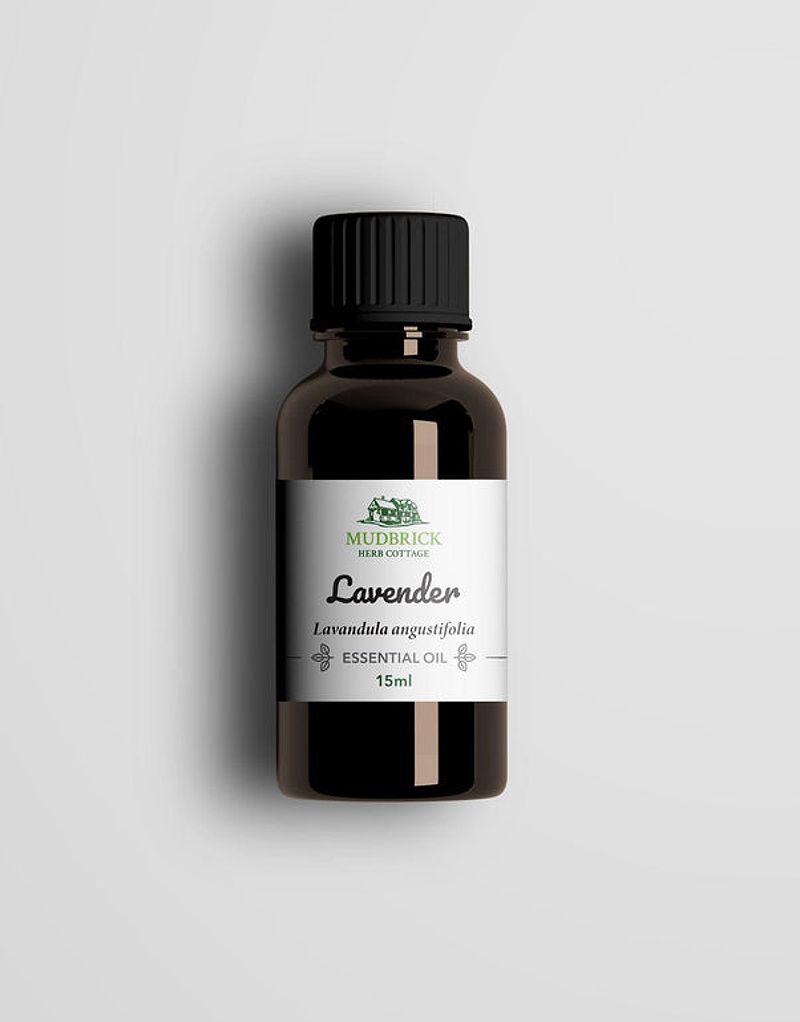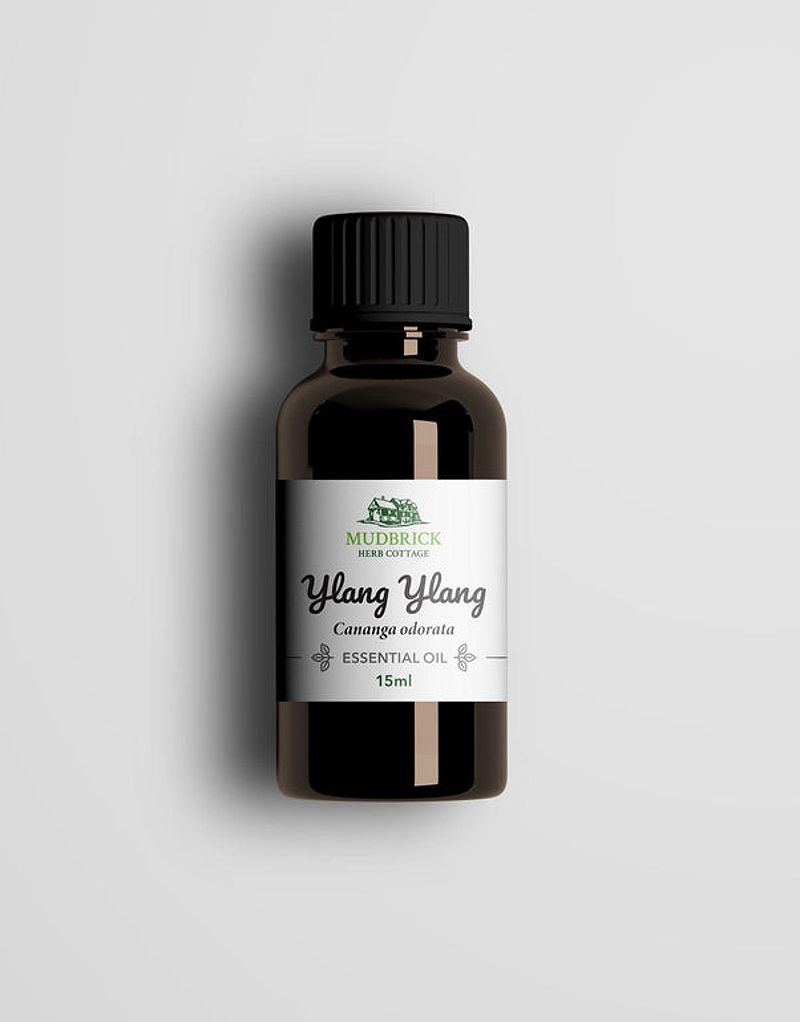In today’s fast-paced world, a good night’s rest has become a precious commodity. If you find yourself tossing and turning, unable to achieve the deep slumber your body craves, the answer may lie in the transformative power of aromatherapy. Certain essential oils have been shown to have a profound impact on our sleep patterns, promoting relaxation, reducing stress, and improving overall sleep quality.
Aromatherapy works by harnessing the power of scent to influence our emotions and physiology. When we inhale the aroma of an essential oil, the molecules travel through the nasal passages and directly stimulate the limbic system, the part of the brain responsible for regulating mood, memory, and sleep. This intimate connection between our sense of smell and our neurological responses makes essential oils a valuable tool for addressing sleep-related concerns.
What is the best aromatherapy oil for promoting sleep? By incorporating the right essential oils into your bedtime routine, you can help calm your mind, ease tension in the body, and create an environment that is conducive to restful, restorative sleep. However, it’s important to understand that not all essential oils are created equal when it comes to sleep, and precautions should be taken to ensure safe and effective use.
What is the Best Aromatherapy Oil for a Peaceful Nights Sleep
Lavender: The Classic for Relaxation and Improved Sleep Quality
Lavender is the quintessential essential oil for sleep, and for good reason. Its calming, soothing aroma has been shown to reduce anxiety, lower heart rate, and promote relaxation, all of which can contribute to improved sleep quality. A recent study found that 80% of participants who used lavender oil for insomnia reported improved sleep quality.
To incorporate lavender into your bedtime routine, you can diffuse it in your bedroom, add a few drops to a warm bath, or mix it with a carrier oil and apply it to your temples or wrists. Start with a low concentration and gradually increase as needed to find the perfect balance for your individual needs.

Chamomile: The Gentle, Soothing Ally for Restful Sleep
Chamomile is another essential oil that has been associated with relaxation and improved sleep. Its gentle, floral aroma has a calming effect on the mind and body, helping to reduce anxiety and stress levels. Chamomile may also have mild sedative properties, making it a suitable choice for those struggling with insomnia.
While chamomile is generally considered safe, it’s important to be mindful of potential allergic reactions, especially for individuals with ragweed allergies. Always perform a patch test before using chamomile oil topically.
Ylang Ylang: The Calming Floral Delight for Relaxation and Mood Boost
Ylang ylang is a sweet, floral essential oil that can have a calming effect on the nervous system. Its aroma may help reduce feelings of anxiety and promote a sense of well-being, which can contribute to better sleep. Ylang ylang can lower blood pressure, so it’s best to avoid using it if you have low blood pressure or are taking medications for hypertension.
As an aromatherapist explains, “Ylang ylang’s sweet, floral scent can help to reduce stress and promote a sense of well-being, leading to better sleep.” Incorporate ylang ylang into your sleep routine by diffusing it in your bedroom or mixing it with a carrier oil for a relaxing massage.

Bergamot: The Citrusy Mood Booster for Improved Sleep
Bergamot is a citrusy essential oil that can have a calming and uplifting effect on the mind and body. Its refreshing scent may help reduce anxiety and promote a sense of calm, which can be beneficial for improved sleep quality. However, it’s important to note that bergamot can make the skin more sensitive to UV rays, so it’s crucial to avoid sun exposure after applying it topically.
While bergamot is often considered a calming oil, some individuals may find its citrusy scent stimulating, potentially disrupting their sleep. It’s important to listen to your body and choose oils that promote relaxation for you.
Vetiver: The Grounding, Earthy Companion for Deep Sleep
Vetiver is an earthy, grounding essential oil that can have a calming effect on the nervous system. Its scent is known for its ability to create a sense of stability and security, which can be beneficial for those who struggle with racing thoughts or anxiety before bed. Vetiver is increasingly used in aromatherapy blends for sleep, often combined with other calming oils like lavender or chamomile.
The grounding properties of vetiver make it a valuable tool for promoting deep, restful sleep. Its earthy aroma can help to anchor the mind and body, allowing for a more restorative night’s sleep.
Incorporating Essential Oils into Your Sleep Routine
Choosing High-Quality Essential Oils
When selecting essential oils for sleep, it’s important to choose high-quality, pure oils from reputable sources. Look for organic, therapeutic-grade oils that are free from synthetic additives to ensure the most potent and effective benefits.
Dilution and Carrier Oils
Before applying essential oils topically, it’s crucial to dilute them with a carrier oil, such as fractionated coconut oil, jojoba oil, or sweet almond oil. A general guideline is to use a 1-2% dilution, which means mixing 1-2 drops of essential oil with 1 teaspoon of carrier oil.
Aromatherapy Diffusers
Aromatherapy diffusers are an effective way to experience the benefits of essential oils. Modern diffusers offer various settings for mist output, allowing you to customize the intensity of the aroma. Some diffusers even include timer functions, ensuring optimal aromatherapy for your sleep routine.
Topical Application
When applying essential oils topically, avoid sensitive areas like the eyes, nose, and mouth. Always use a carrier oil to dilute the essential oil and prevent skin irritation. Suggested application areas include the temples, wrists, and the bottoms of the feet.
Bath Additives
Adding a few drops of essential oils to a warm bath can create a luxurious and relaxing experience. Be sure to use a bath oil or carrier oil to disperse the essential oils in the water.
Pillow Mists
A pillow mist can create a calming atmosphere in your bedroom. You can personalize your mist by adding a few drops of your favorite essential oils or creating a blend that suits your needs.
Safety and Precautions When Using Essential Oils for Sleep
Patch Testing
Before using a new essential oil, it’s important to perform a patch test by applying a diluted version to a small area of skin on your arm or wrist. Observe the area for any redness, itching, or irritation, and discontinue use if you experience any adverse reactions.
Pregnancy and Breastfeeding
If you are pregnant or breastfeeding, always consult with your healthcare provider before using essential oils, as some may pose risks during these periods.
Children and Pets
Keep essential oils out of reach of children and pets, as ingesting them can be dangerous, and some oils can be toxic to animals.
Adverse Reactions
If you experience any adverse reactions, such as skin irritation or respiratory distress, discontinue use of the essential oil immediately and consult with a healthcare professional.
Frequently Asked Questions
Q: Can essential oils cure insomnia?
A: Essential oils are not a cure for insomnia. However, they can help to improve sleep quality by promoting relaxation and reducing anxiety. If you’re struggling with insomnia, it’s important to consult with a healthcare professional for a proper diagnosis and treatment plan.
Q: How long does it take for essential oils to work for sleep?
A: The effects of essential oils can vary from person to person. Some people may experience a calming effect within minutes, while others may need to use them regularly for several weeks before noticing a significant difference. It’s important to be patient and consistent with your use to allow your body to adjust and experience the full benefits.
Conclusion
Incorporating the right essential oils into your bedtime routine can be a natural and effective way to improve sleep quality and promote relaxation. By understanding the science behind aromatherapy and exploring the top sleep-promoting essential oils, you can create a personalized sleep ritual that helps you achieve the peaceful night’s sleep you deserve. Remember to use essential oils safely, consult with healthcare professionals if needed, and be patient as your body adjusts to the benefits of these natural sleep aids.
